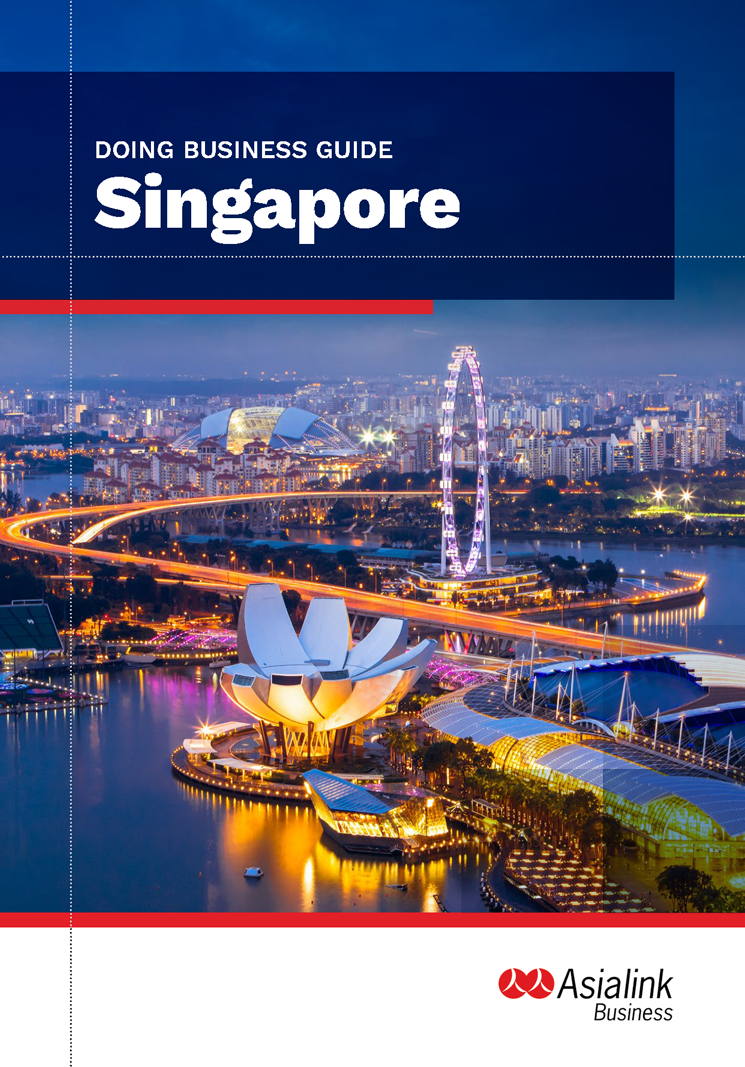Doing Business in Singapore
Singapore’s size and population may be small, but its connectivity, favourable business environment and highly skilled workforce have transformed it into a global hub for trade, finance and investment.
Singapore’s size and population may be small, but its connectivity, favourable business environment and highly skilled workforce have transformed it into a global hub for trade, finance and investment.
Singapore’s size and population may be small, but its connectivity, favourable business environment and highly skilled workforce have transformed it into a global hub for trade, finance and investment. It accounts for most global foreign investment into Southeast Asia, is an established regional headquarters for thousands of multinational firms and consistently ranks as one of the world’s best places to do business. Singapore's adoption of digital technologies and sustainability solutions is positioning it for strong future growth, presenting a range of new opportunities for businesses looking to engage with one of Southeast Asia’s most dynamic economies.
The Singapore Doing Business Guide is the essential report for Australian businesses and investors seeking to grow in the market. Regardless whether you’re just starting out or already established in Singapore, the guide provides practical and detailed information to support your business growth plus links to reputable external resources for further information.
The report features:
Expanding a business internationally requires extensive knowledge and preparation. This guide will help build your Singapore business capability so you can increase your chances of commercial success and avoid common traps. The Singapore Doing Business Guide is your starting point in this journey. Asialink Business also offers training programs and other resources to support your business goals.



Access the Singapore Doing Business Guide: